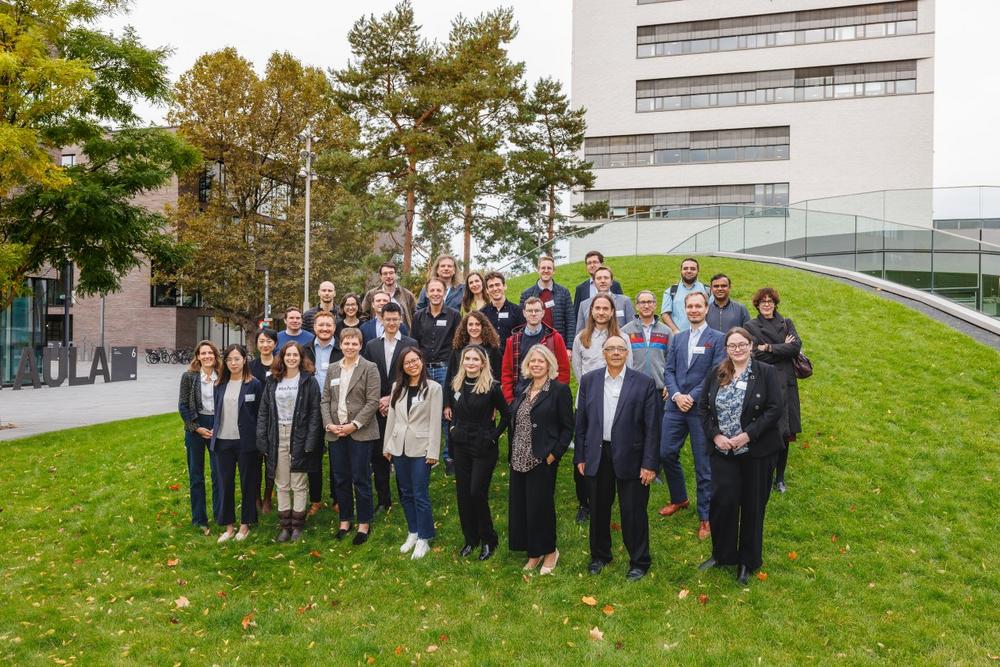Wide range of topics
To this end, TUM Campus Heilbronn invited its partners in the AI hub to an open, inter- and transdisciplinary exchange at the first TUM Campus Heilbronn Global Technology Forum. Experts from Oxford University, ETH Zurich, HEC Paris, Stanford University and Hebrew University of Jerusalem came together in Heilbronn for three inspiring days of research presentations, panel discussions and open spaces for interaction and spontaneous collaboration. The obvious goal for host Helmut Krcmar, Vice President of the TUM Campus Heilbronn and Professor of Information Systems: “We bring together researchers and provide a forum to jointly advance AI and its application for societal benefit.”
The topics discussed ranged from algorithmic basics of AI to its social impact. One important topic was the opportunities that AI offers in teaching. Dr. April Wang from ETH Zurich sketched a fitting picture of the current situation: "We are selling shovels in a gold rush." Her colleague from Oxford, Dr. Lulu Shi, added: "The winner takes it all." Stephan Krusche, Professor of Software Engineering at TUM Campus Heilbronn, pointed out: “Students will use AI anyway. Therefore we integrate it in our learning tools.”
Impact of AI in the working environment
Other experts focused on the effects of the increasing use of AI in the world of work. "Digital skills pay off," says Dr. Christina Langer from Stanford. However, they are not given enough space in the German dual training system. Prof. Philipp Lergetporer from the Global Center for Family Enterprise at TUM Campus Heilbronn looked at the links between the automatability of occupations, the employees’ concern about their future and their expectation of changes in their work environment, as well as their willingness to undergo further training. His conclusions: "83 percent of the core tasks of office workers can be automated. If people receive information that their job can be automated, they are more likely to continue training.”
Carsten Trinitis, Professor at the School of Computation, Information and Technology at TUM Campus Heilbronn, focused on moral aspects. “Try to create awareness as early as possible and always think twice”, he said.
Die TUM Campus Heilbronn gGmbH
Bildungscampus 2
74076 Heilbronn
Telefon: +49 (0) 7131 264180
Telefax: +49 (7131) 645636-27
https://www.chn.tum.de/de
E-Mail: niklas.weinstok@tumheilbronn-ggmbh.de
![]()
